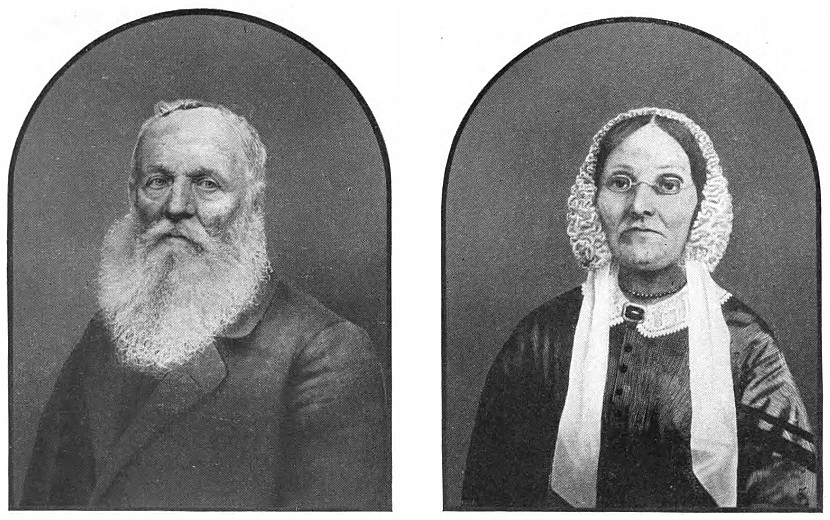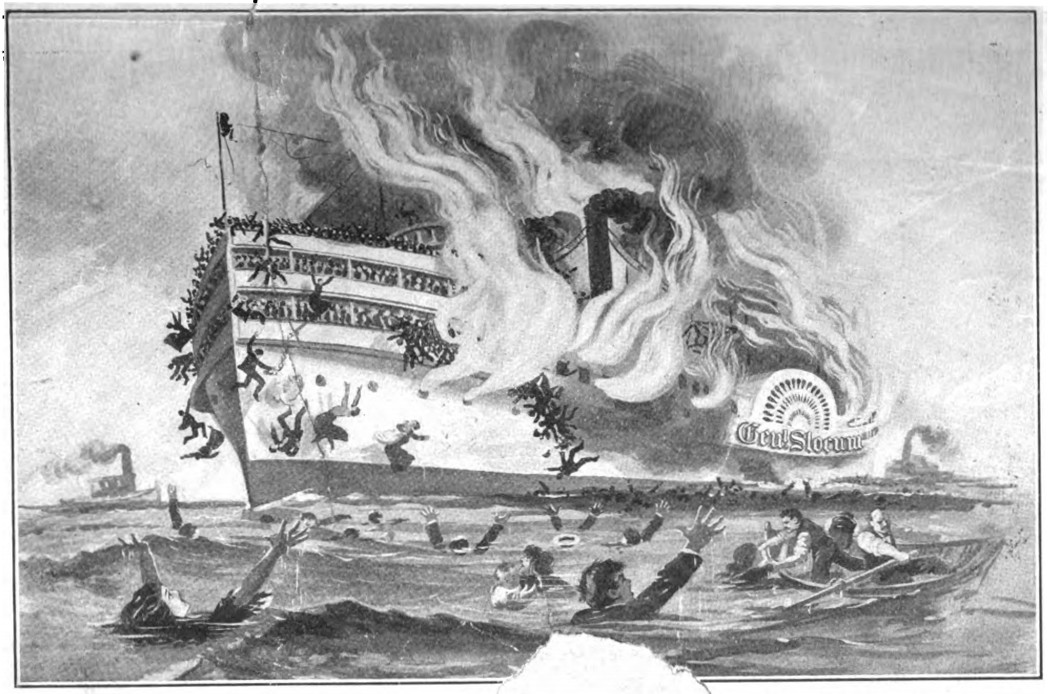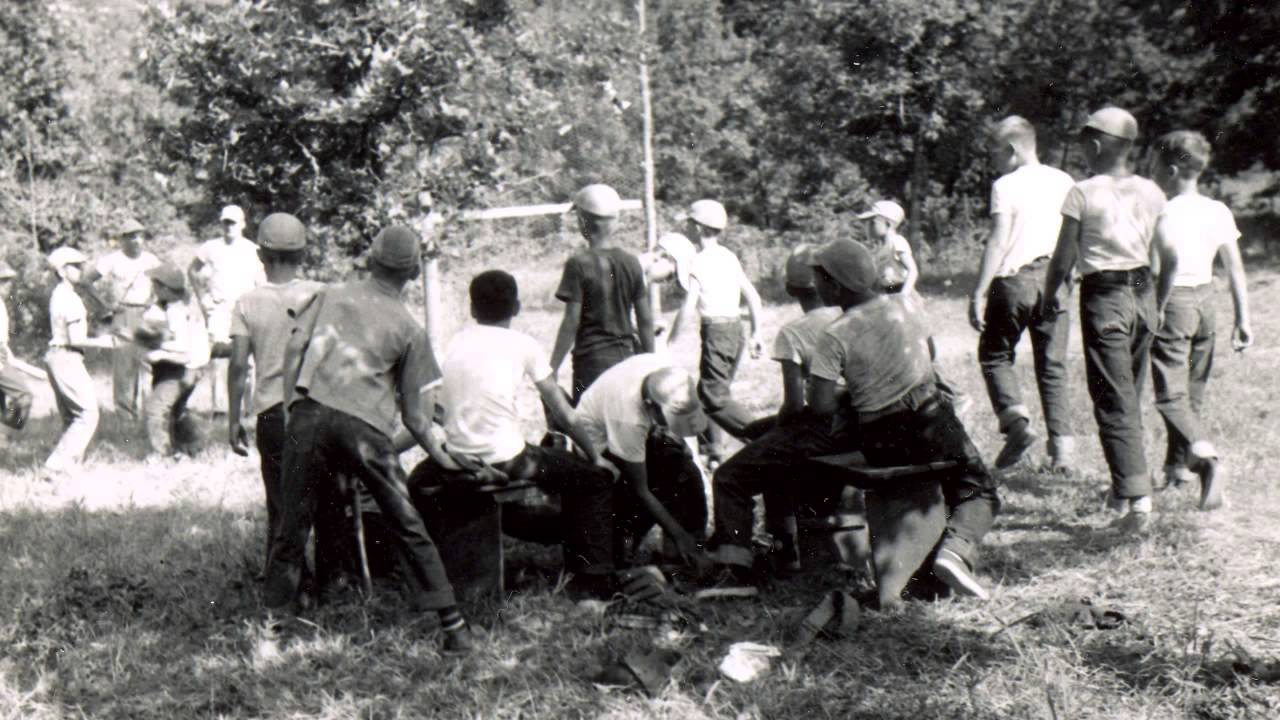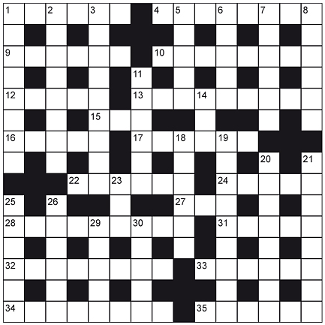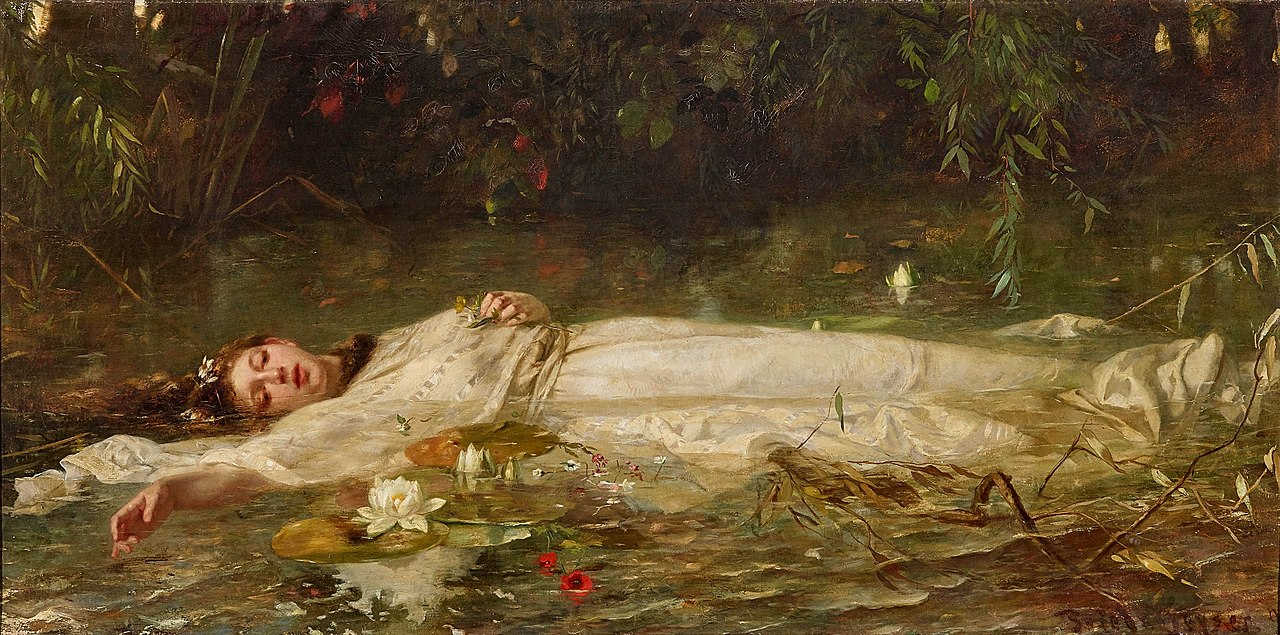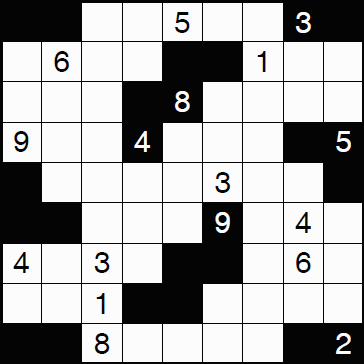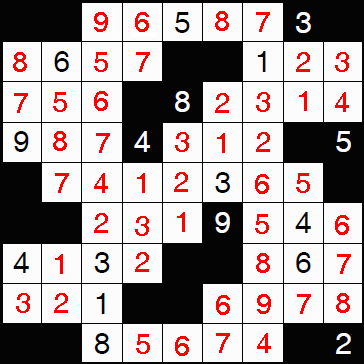This verse is known as “Lord Macaulay’s Last Riddle.” Lord Macaulay was Thomas Babington Macaulay (1800-1859), though his authorship of the riddle is uncertain. What’s the answer?
Let us look at it quite closely,
‘Tis a very ugly word,
And one that makes one shudder
Whenever it is heard.
It mayn’t be very wicked;
It must be always bad,
And speaks of sin and suffering
Enough to make one mad.
They say it is a compound word,
And that is very true;
And then they decompose it,
Which, of course, they’re free to do.
If, of the dozen letters
We take off the first three,
We have the nine remaining
As sad as they can be;
For, though it seems to make it less,
In fact it makes it more,
For it takes the brute creation in,
Which was left out before.
Let’s see if we can mend it —
It’s possible we may,
If only we divide it
In some new-fashioned way.
Instead of three and nine, then,
Let’s make it four and eight;
You’ll say it makes no difference,
At least not very great;
But only see the consequence!
That’s all that need be done
To change this mass of sadness
To unmitigated fun.
It clears off swords and pistols
Revolvers, bowie-knives,
And all the horrid weapons
By which men lose their lives;
It wakens holier voices —
And now joyfully is heard
The native sound of gladness
Compressed into one word!
Yes! Four and eight, my friends!
Let that be yours and mine,
Though all the hosts of demons
Rejoice in three and nine.

